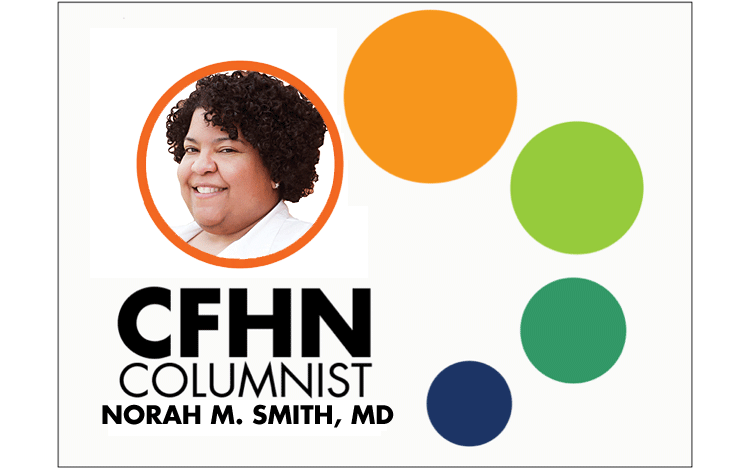THE RECENT CASES of measles at Disneyland have sparked a nationwide conversation about the decision to vaccinate and its impact on the health of our country’s children.
Measles is a respiratory disease that starts with basic cold symptoms — fever, runny nose, sore throat — before it spreads throughout the body and presents a red rash. Highly contagious from early stages, the virus starts in the lungs, hits the immune system, and emerges in the respiratory system. It becomes airborne when the infected person coughs or sneezes, and it can linger in the air or on surfaces for up to two hours. Each patient infects an average of 12 to 18 people between four days before and four days after the rash’s appearance.
Measles complications that may result in hospitalization include pneumonia, encephalitis, and deafness. Other, milder, complications include high fever, diarrhea, ear infections, and loss of appetite. Each year, up to 20 million people are infected — 145,000 fatally — worldwide.
Though measles can be easily prevented through immunization, 102 cases have been reported in 14 states this year. This recent outbreak has brought to light the importance of having children adhere to the recommended vaccination schedule. The U.S. Centers for Disease Control and Prevention recommends that children are given the measles immunization at one year of age.
There are currently no reported cases of measles in Central Florida. Let’s keep it that way! Ensure the safety of your family and community. Call Pediatric Partners today at (863) 293-2144 to schedule your little one’s measles immunization.
This column is sponsored by Pediatric Partners.
CREDIT
column by NORAH M. SMITH, MD
BIO: Dr. Norah M. Smith is a pediatrician with Pediatric Partners. As a graduate of the Medical College of Pennsylvania, she’s been practicing medicine for 13 years. She also has practiced medicine at a community health center in Orlando since 2009, caring for uninsured individuals and families.
